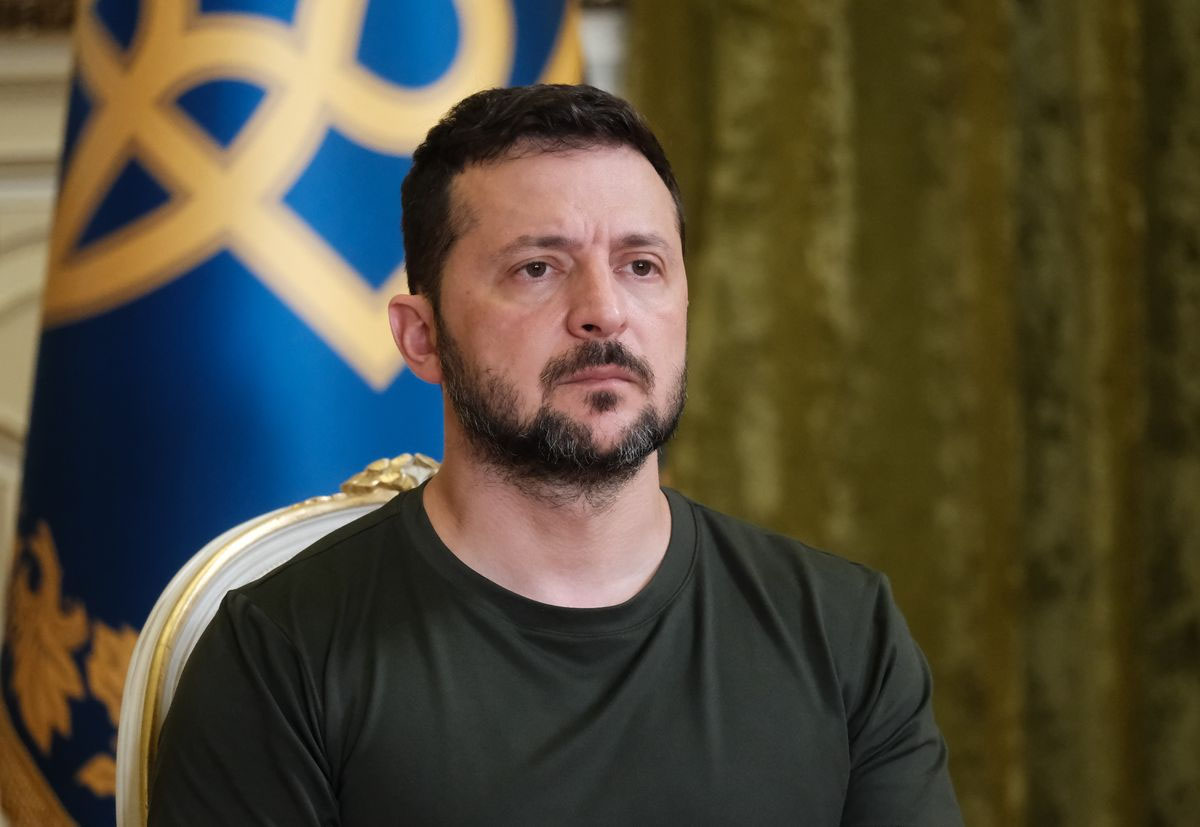Photo Credit: Getty Images
Slovakia and Ukraine's energy relations have reached a breaking point, with significant implications for both nations and the European Union. On New Year's Day, Ukraine ceased the flow of Russian gas through its territory to Slovakia, ending a decades-long transit arrangement. This abrupt halt has triggered retaliatory threats from Slovak Prime Minister Robert Fico, who accuses Ukraine of "sabotage" on the orders of Russia.
Fico's response was swift and stern. In a Facebook address, he announced plans to debate cutting electricity supplies to Ukraine and reducing aid to Ukrainian refugees. "The only alternative for a sovereign Slovakia is renewal of transit or compensation mechanisms," he stated, estimating potential financial losses at nearly €500 million. Slovakia's gas importer, SPP, has reported anticipated costs of €90 million in transit fees to secure non-Russian gas.
The situation escalates against a backdrop of strained Slovak-Ukrainian relations. Fico has recently sought closer ties with Moscow, halting military aid to Ukraine and criticizing its policies. His comments reflect growing frustration over Slovakia's economic burden, including higher gas and power prices attributed to the disrupted transit. "Stopping Russian gas transit isn't just a political move; it's a financial crisis," Fico declared, warning of wider European repercussions.
Ukraine's stance remains resolute. President Volodymyr Zelenskiy accused Fico of creating a "second energy front" against Ukraine under Russian influence. In a statement on X, Zelenskiy highlighted Slovakia's losses, including €200 million annually from electricity imports to Ukraine. "Fico's shortsighted policy risks depriving Slovaks of essential resources," he noted, emphasizing Ukraine's struggle to rebuild its energy infrastructure after Russian missile attacks destroyed nearly half its generating capacity.
The European Union faces mounting pressure to mediate. Slovakia's delegation will meet in Brussels next week to seek alternative solutions. However, unity remains elusive as tensions deepen between member states over energy policy. According to Eustream, Slovakia's state-owned gas operator, its 2024 revenues reached €158 million, yet transit losses could cripple future operations.
As the January 1 gas transit agreement deadline looms, both sides remain at an impasse. Ukraine's economic resilience and energy independence are tested, while Slovakia grapples with political and financial fallout. The broader implications for European energy security highlight the urgent need for diplomatic resolution to prevent further economic strain.


